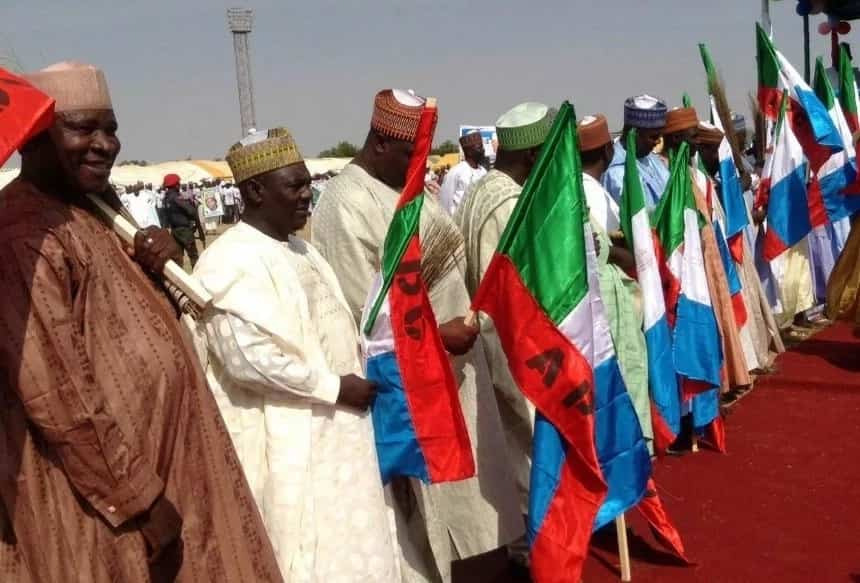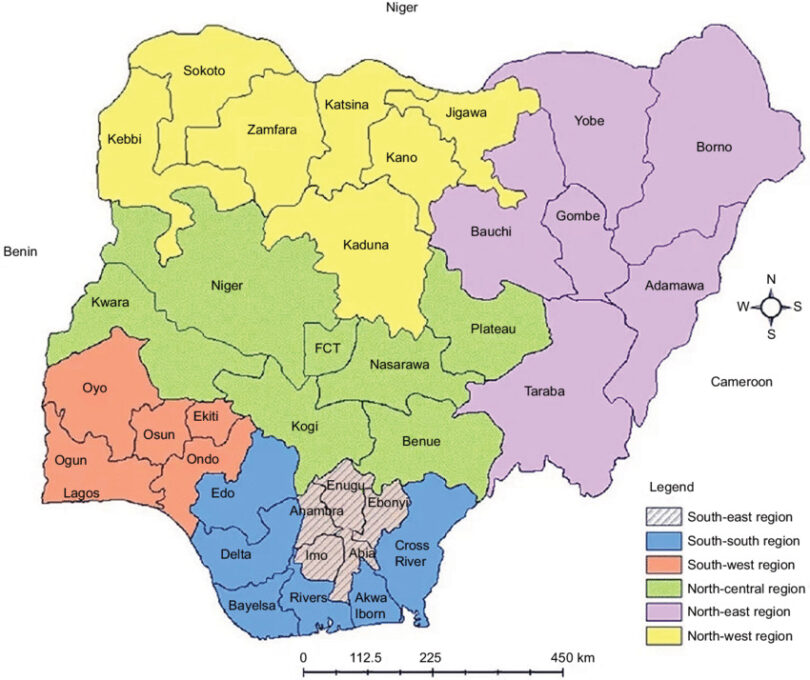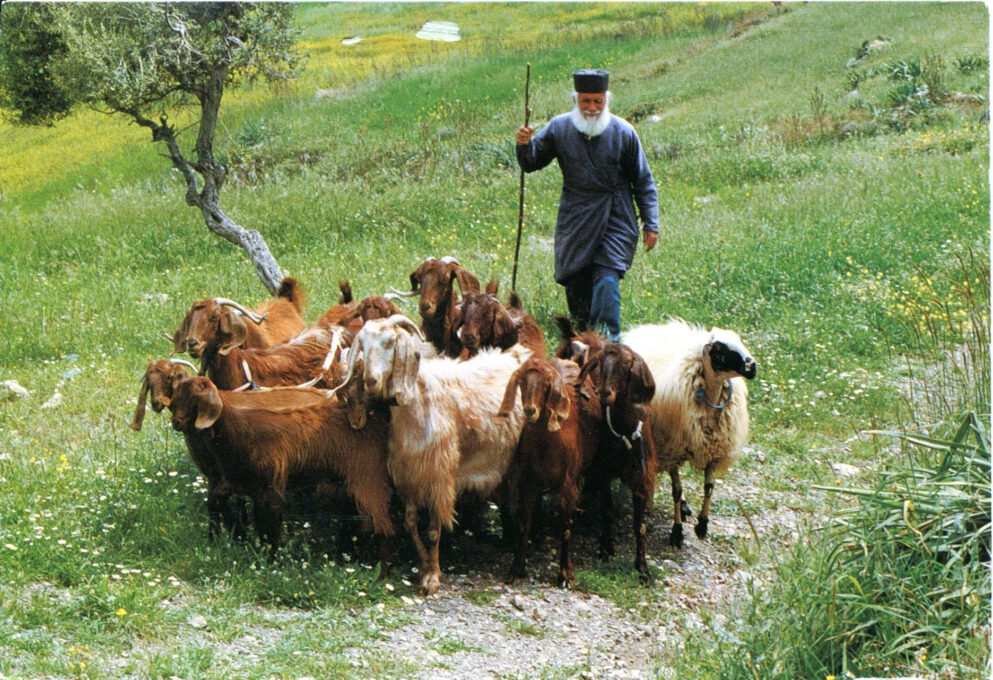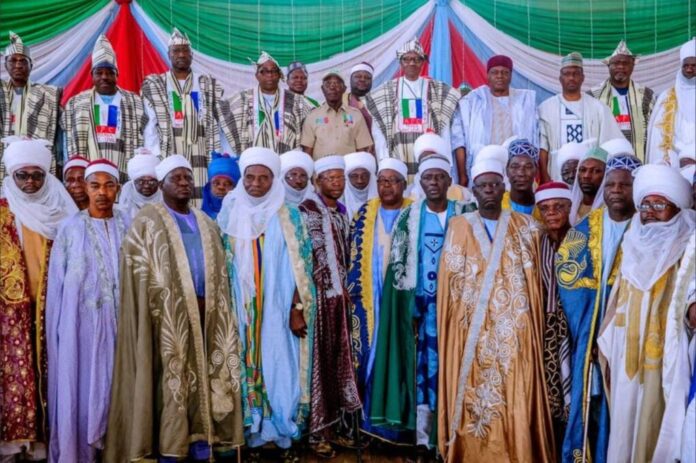Tribal politics is one of Nigeria’s biggest challenges as a country. That said, I will explain what tribal politics entails and gauge its effects to solve this ever-growing pandemic.
What is tribal politics? Well, I’m glad you asked but in order to define tribal politics, we need to first understand what tribalism is.

What is Tribalism?
Tribalism, for lack of a better word, is the mother of racism. Oooh, it’s the “-ism” for me.
It is a culture of discrimination that exists between the ethnic groups of a region. A practice that has reigned since the birth of civilization, you can even find records of it in the holy Books. In tribalism, it is more than just the color of your skin. It is your features, your mother tongue, and the tradition of your ancestry, that others take into account. Just like her son, tribalism presides from on the shoulders of bias and ignorance.
Now, let’s talk about Nigeria. The Giant of Africa.
This country is home to over 500 ethnic groups, and each has vied for power long before the dawn of civilian rule. When the military removed their chains in 1999 and politicians were allowed to reign once more, when political parties contested and Olusegun Obasanjo became President in February 1999, a new master took reign in the underbelly of politics.
That master … is tribalism.
Read Also:
Political Zones In Nigeria
Let me give you a little political bio of Nigeria. The military regime of Late Sani Abacha created geopolitical zones in Nigeria. The country has six geopolitical zones. The states in each of the zones are carved out and classed based on ethnicity and common political history. The point of political zones is to allow fair and effective allocation of resources by the senate. Each of the 36 states is under different political zones.

These are:
- North-Central (Also called the middle belt): Benue, Kogi, Kwara, Nassarawa, Niger, Plateau, and Abuja.
- North-East: Adamawa, Bauchi, Borno, Gombe, Taraba, and Yobe.
- North-West: Jigawa, Kaduna, Kano, Katsina, Kebbi, Sokoto, and Zamfara.
- South-East: Abia, Anambra, Ebonyi, Enugu, and Imo;
- South-South: Akwa Ibom, Bayelsa, Cross River, Rivers, Edo, and Delta.
- South-west: Ekiti, Lagos, Ogun, Ondo, Osun, and Oyo.
SEE: Nigerian Feminism: Exploring The Hype and Debunking Misconceptions
Effects Of Tribalism In Nigeria
Have you ever wondered why your grandparents (and sometimes parents) always advise you to marry a man from your ethnic group? Have you ever wondered why you receive funny looks if you enter a gathering of people and you stand out because of your tribal marks? Do you ever reason why there’s always some stereotype about other ethnic groups?
Let me give you a few examples of what I mean by stereotypes.
For the Yorubas, people will say they’re an indecent lot (not my words), favor unkempt dwellings, and have no outstanding foods except their touted amala and ewedu.
ALSO READ: Tastiest Nigerian Foods to Try Out
As for the Igbos, people will say they like money too much, especially girls. They will tell you an Igbo man will cheat you first and kiss you next. They are cunning and tricky, and also lack respect.
For the Hausas, people will say they’re the most ignorant of all tribes. That all they know how to do is rear cows and children.
Of course, a lot of these stereotypes are unfounded and baseless, but a history of tribalism makes them revered even today. These are but a few effects of tribalism in Nigeria.
Tribal Politics In Nigeria
With elections just around the corner, there is no better time for tribal politics to reign supreme in Nigeria. It’s funny because we’re supposed to be “One Nigeria”, yet tribalists will never vote in favor of merit and competence. They will rather vote for the devil they know than the angel they don’t.
And though this is actually the point of that phrase, I would not apply that in this situation because in most cases, that angel they don’t know is often the better option.
But will they listen? No.
My personal opinion is that governance is one of the major reasons for our nation’s steady decline. And the worst of it is not yet over, not by a long shot. Tribal politics in Nigeria exist because ethnic groups are fighting each other for power. I wish I could say why, but war has always been the nature of men. I guess no one would ever miss an opportunity to acquire power over his adversaries.
But ethnic groups fighting is one thing; having it happen among the ruling class is quite another. Whenever I try to understand tribalists in the political class, those who favor blind loyalty over reason, I imagine a herd of Capra aegagrus hircus in the field. Unable to think and act for themselves and just following the instructions of their herder.

Due to tribal politics in Nigeria, ethnic groups within geopolitical zones are always overlooking suitable candidates in favor of their kinsmen. A man from a particular ethnic group can have a public profile as a pedophile or kingpin. However, if he shows the slightest interest in politics, his tribesmen will still choose him to rule over an innocent member of another ethnic group. It doesn’t matter who he is or what he does; all that matters is where he’s from and that’s enough for them.
How are we supposed to progress if we continue this way?
SEE: Who Is the Best Nigerian President from 1960 Till Date?
Effects Of Tribal Politics In Nigeria
Here is one effect. Do you know that since the end of Nnamdi Azikiwe‘s reign, no Igbo man has graced the presidential seat at Aso Rock with his bum?
Why is that? Well, what do you think?
The closest the South-East ever came to federal power was when their sister zone, the South-South, birthed a presidential candidate. How did that twist of fate occur? Well, Thanatos came shopping one dry season and left with a bunch of souls, including that of our dear President. The late Umaru Musa Yar’Adua. The loss ignited a chain of events that ended with Goodluck Ebele Jonathan as President.
Another effect of tribal politics is nepotism. When a candidate from a particular ethnic group is elected, they begin to fill select vacancies in their office with their kinsmen instead of proper candidates.
Read Also:
- Tonto Dikeh Net Worth: Biography, Movies, Songs, and Controversies
- Who is the Richest Politician in Nigeria?
How To Stop Tribal Politics In Nigeria
I want the believe the idea isn’t pointless but let’s not deceive ourselves. As long as there are different ethnic groups involved in politics, there will always be tribal politics. Any attempt to stop it requires sensitization at the grassroots level or flat-out brainwashing.
Nigerians must understand that diversity isn’t a weakness, but one of our many strengths. Instead of preaching “One Nigeria”, we should actually start believing in it.
SEE: Bola Tinubu Biography: Net Worth, Political Career, Controversies, and More
A Word From Battabox
Change begins with you, dear reader. Unless you want to be considered part of the problem, you can play your part in trying to eradicate tribal politics. How you’ll do that, I cannot say, but here’s a start. Maybe refuse to feed into stereotypes that involve other groups? Maybe first combat tribalism? Who knows?
Start today and perhaps one day your children can have the Nigeria they deserve.
Leave your questions below; I promise I won’t answer them.





